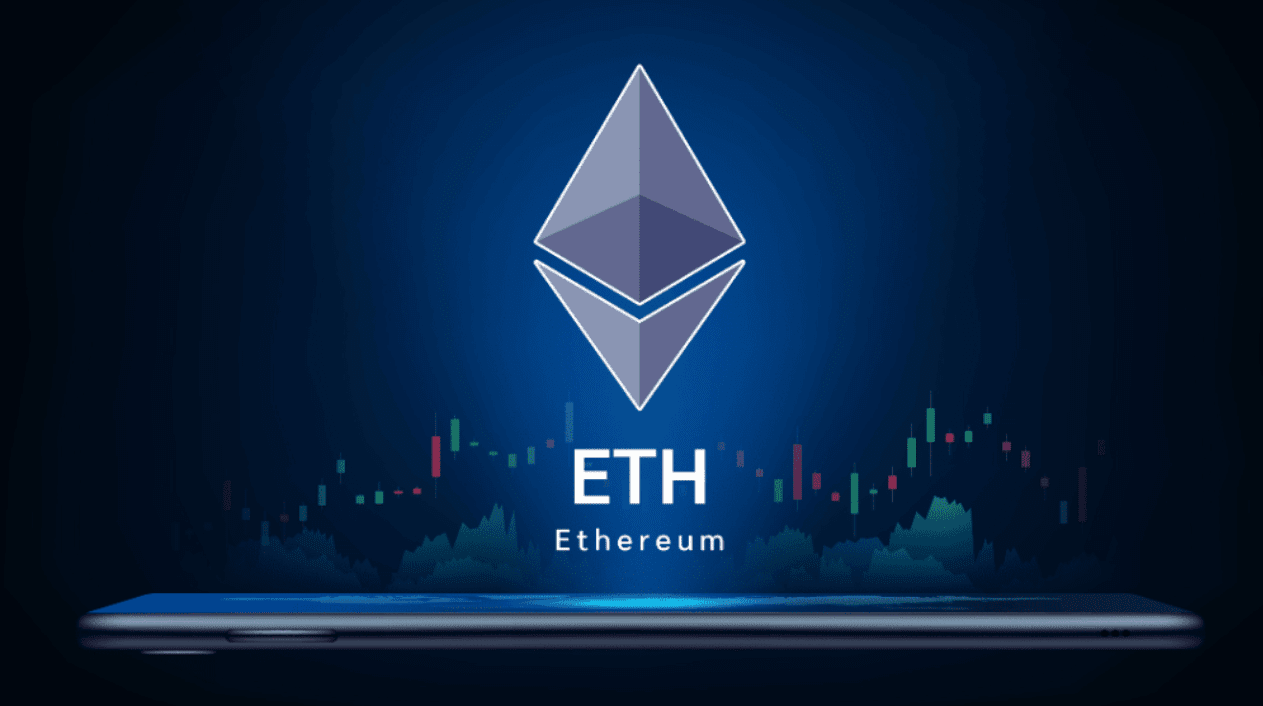Ethereum’s Role in UAE Vision 2030 and Digital Transformation

The United Arab Emirates has positioned itself as a global leader in digital transformation, with its Ethereum UAE Vision 2030 strategy serving as a comprehensive roadmap for economic diversification and technological advancement. At the heart of this digital revolution lies blockchain technology, with Ethereum emerging as a critical infrastructure component that promises to reshape the UAE’s economic landscape through decentralised finance, smart contracts, and innovative digital solutions.
UAE’s Digital Economy Vision 2030
The UAE’s Vision 2030 represents a paradigm shift from an oil-dependent economy to a knowledge-based, innovation-driven digital ecosystem. This strategic initiative encompasses multiple sectors, including finance, healthcare, education, government services, and trade, all unified under the banner of digital transformation and economic sustainability.
Dubai’s ambitious goal to become the world’s first blockchain-powered government by 2025 exemplifies the nation’s commitment to distributed ledger technology. The Emirates Blockchain Strategy 2021 has already laid the groundwork for widespread blockchain adoption, aiming to improve government efficiency and achieve substantial cost savings through automated processes and reduced paperwork.
Ethereum’s Technical Foundation for the UAE’s
Ethereum’s programmable blockchain provides the technical backbone for implementing smart contracts across various government services. These self-executing contracts with predetermined conditions encoded directly into the blockchain eliminate intermediaries, reduce processing times, and enhance transparency in public administration.
The Dubai Land Department has already demonstrated Ethereum’s potential by implementing blockchain-based property transactions, creating an immutable record of real estate ownership and transfers. This application showcases how Ethereum’s smart contract functionality can streamline bureaucratic processes while maintaining security and transparency.
Decentralized Finance (DeFi) Integration
The UAE’s progressive regulatory framework has created an environment conducive to DeFi development on the Ethereum network. The Dubai Virtual Asset Regulatory Authority (VARA) has established comprehensive guidelines that enable financial institutions to leverage Ethereum-based protocols for lending, borrowing, and trading digital assets.
Ethereum’s DeFi ecosystem offers traditional financial institutions in the UAE opportunities to provide innovative services such as yield farming, liquidity mining, and automated market making. These applications align with the Vision 2030 objective of creating a more inclusive and accessible financial system.
Blockchain Applications Across Key Sectors
Ethereum’s blockchain technology addresses critical healthcare challenges in the UAE by providing secure, interoperable medical record systems. The immutable nature of blockchain ensures the integrity of patient data, while smart contracts can automate the processing of insurance claims and medical bill settlements.
The Emirates Health Services has explored blockchain applications for pharmaceutical supply chain management, utilising Ethereum’s traceability features to combat counterfeit medications and ensure drug authenticity throughout the distribution network.
Supply Chain and Trade Finance
Dubai’s position as a global trade hub makes supply chain transparency and efficiency paramount to economic success. Ethereum-based solutions enable end-to-end visibility in international trade transactions, from manufacturing to final delivery.

The Dubai Customs Department has investigated blockchain applications for streamlining customs procedures, reducing processing times, and enhancing trade facilitation. Ethereum’s smart contracts can automate customs clearance processes while maintaining compliance with international trade regulations.
Digital Identity and Citizenship Services
The UAE Pass digital identity system represents a foundational element of the country’s digital transformation strategy. Ethereum’s blockchain technology can enhance this system by providing citizens with secure, verifiable, and interoperable self-sovereign digital identities across different government services.
Smart contracts on Ethereum can automate various citizenship services, including visa processing, licence renewals, and permit applications, significantly reducing bureaucratic delays and improving citizen satisfaction.
Economic Impact and Investment Opportunities
The UAE’s commitment to blockchain technology has attracted significant venture capital investment in Ethereum-based startups and projects. The Emirates Investment Authority has allocated substantial funds to support blockchain innovation, creating a thriving ecosystem for entrepreneurs and developers.
Notable blockchain accelerators and incubators in Dubai and Abu Dhabi are fostering the development of Ethereum-based solutions across various industries, including fintech, healthcare, and logistics. These initiatives align with Vision 2030’s goal of establishing the UAE as a global hub for innovation and entrepreneurship.
Central Bank Digital Currency (CBDC) Development
The Central Bank of the UAE has actively explored the development of a digital dirham, with Ethereum’s technology serving as a potential foundation for this initiative. The bank’s collaboration with international financial institutions on cross-border payment solutions demonstrates the practical applications of Ethereum in modernising monetary systems.
The Aber project, a joint Central Bank Digital Currency (CBDC) initiative between the UAE and Saudi Arabia, has provided valuable insights into the implementation of blockchain-based digital currencies for facilitating cross-border transactions and reducing settlement times.
Regulatory Framework and Compliance
The Dubai Virtual Asset Regulatory Authority has established comprehensive regulatory frameworks that provide clarity for Ethereum-based projects and applications. These regulations cover various aspects, including initial coin offerings (ICOs), decentralised autonomous organisations (DAOs), and virtual asset trading platforms.
The regulatory clarity provided by VARA has encouraged international blockchain companies to establish operations in the UAE, thereby contributing to the country’s position as a global blockchain hub and supporting the objectives of Vision 2030.
International Standards and Interoperability
The UAE’s approach to blockchain regulation emphasises interoperability with international standards and frameworks. This strategy ensures that Ethereum-based solutions developed in the UAE can seamlessly integrate with global blockchain networks and comply with international regulatory requirements.
Challenges and Implementation Considerations
Ethereum’s network congestion and high transaction fees pose challenges for widespread adoption in the UAE’s digital economy. The transition to Ethereum 2.0 and the implementation of layer-2 scaling solutions are crucial for addressing these limitations and ensuring the network can support the UAE’s ambitious digital transformation goals.
Energy Consumption and Sustainability
The UAE’s commitment to achieving environmental sustainability. Carbon neutrality by 2050 necessitates a careful consideration of the energy consumption implications of blockchain technology. Ethereum’s transition from proof-of-work to proof-of-stake consensus mechanism. Aligns with the country’s sustainability objectives and supports the implementation of environmentally responsible blockchain solutions.
Future Outlook and Strategic Recommendations
The convergence of Ethereum blockchain technology with artificial intelligence. The Internet of Things (IoT) and 5G networks present unprecedented opportunities. Innovation in the UAE’s Digital Economy. These technological synergies can create new business models and enhance the efficiency of existing services across various sectors.
Public-Private Partnerships
Successful implementation of Ethereum-based solutions in the UAE requires strong collaboration between government entities and private sector companies. Public-private partnerships can accelerate the development and deployment of blockchain applications while ensuring alignment with national strategic objectives.
Skills Development and Human Capital
The UAE’s Vision 2030 emphasises the importance of developing local talent in emerging technologies. Comprehensive blockchain education programmes and professional development initiatives are crucial for cultivating the human capital necessary to support Ethereum-based innovations.
Summary
Ethereum’s role in the UAE’s Digital Economy Vision 2030 extends. Far beyond simple cryptocurrency applications, the platform’s smart contract capabilities and decentralized finance ecosystem. Programmable blockchain infrastructure provides the technological foundation for transforming government services, financial systems, and economic processes throughout the Emirates.
The UAE’s progressive regulatory approach, combined with significant investment. Blockchain infrastructure and talent development position the country as a global leader in blockchain adoption. As Ethereum continues to evolve and address scalability challenges. Its integration into the UAE’s digital economy will likely accelerate, bringing the Vision 2030 objectives closer to reality.
The success of Ethereum implementation in the UAE serves. As a model for other nations seeking to leverage blockchain technology for economic diversification and digital transformation. The lessons learnt and best practices developed. The Emirates will undoubtedly influence global blockchain adoption strategies and contribute to the broader evolution of the digital economy.
